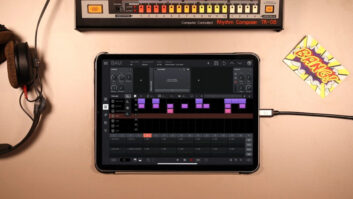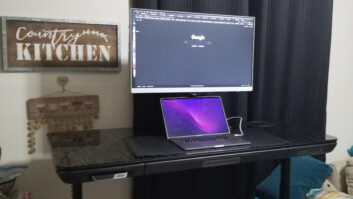DiskOnKey maker M-Systems has filed a patent infringement lawsuit in United States Federal District Court against Kent, Wash.-based JMTek and a JMTek distributor, asserting that JMTek’s branded USBDrive products unlawfully incorporate M-Systems’ patented technology.
The company is seeking damages and an injunction ordering JMTek and its distributor to stop producing and selling its USBDrive product line.
The lawsuit came on the heels of a string of announcements made by the company regarding its portable flash memory storage. Late last month the company announced its first software application designed for use on its DiskOnKey key-chain memory device, a new technology platform and a software developers kit.
Blaine Phelps, M-Systems’ promotions director, said the new application, which allows users to personalize information stored on the device, is the first of what should be dozens in the coming years. The application is now available as a free download from the DiskOnKey Web site.
This introduction, along with software developer’s kit, is part of M-Systems strategy to turn the devices into something much more than a portable storage system.
“We will now see the applications drive this market,” said Phelps, adding he expects application development for DiskOnKey to grow in the same manner as that of the Palm OS.
Whether or not these applications are a hit with consumers will decide which direction the products growth will take in the coming years. The U.S. retail market for portable USB flash memory devices is practically non-existent at this point with almost all of the 2.5 million units expected to ship domestically next year to go into the business and enterprise channels, Phelps said.
M-Systems projects that 12.5 million units will ship worldwide from all manufacturers in the category in 2003, with this figure increasing to 100 million in 2004 and 250 million in 2005.
However, if a company creates a hot software title, sales could take off even faster next year, Phelps said.
The new technology embedded on the DiskOnKey chips will enable them to become a stand-alone computing device while greatly improving their storage capabilities. The upgrade will include USB 2.0 compatibility, faster data transfer rates and the ability to fit the guts of the system into a smaller form factor, Phelps said. The products themselves could be enabled to become the basic building block for stand-alone devices for music playback and imaging.













